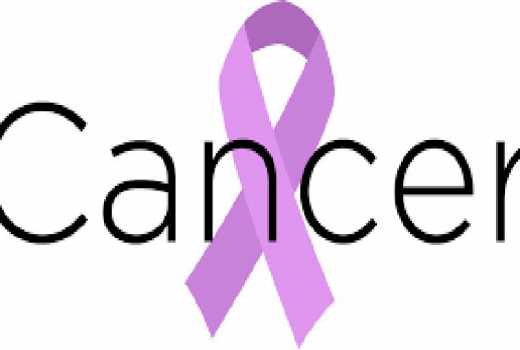×
The Standard e-Paper
Join Thousands Daily

Do you have frequent bouts of fever, unexplained cough, or a never-ending headache? Then it is advisable you get screened for cancer.
Experts have confirmed that one of the challenges behind diagnosis of cancer at an early stage is because the disease has the ability to mimic other ailments.